T4K3.news
Nebraska plans new immigration detention center
Nebraska announces a plan to convert a McCook work camp into a federal immigration detention center amid national deportation expansion, prompting protests and concerns over transparency.
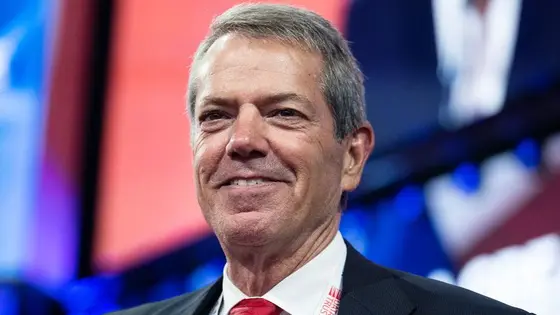
Nebraska announced a plan to convert a McCook work camp into a federal immigration detention center as part of a wider expansion of detention capacity.
Nebraska plans immigration detention center amid deportation push
Nebraska will repurpose an existing minimum security prison work camp in McCook to hold people in deportation proceedings. The facility would start with a capacity of 200 detainees and could expand to 300. The state will operate the center, while the federal government will pay for it, and the site offers the advantage of existing accreditation and proximity to a regional airport, avoiding makeshift housing.
The move fits a broader trend of new detention facilities across several states as the Trump administration seeks more capacity to detain immigrants awaiting removal. Local officials say the project will create a Midwest hub for detainees from multiple states, while lawmakers and residents raise questions about transparency, budget implications, and civil rights protections. Protests outside the governor’s office and critiques from immigrant rights groups highlighted the debate over how such centers should operate and who may be held there.
Key Takeaways
"This is about keeping Nebraskans – and Americans across our country – safe."
Governor Pillen on the purpose of the center
"If you are in America illegally, you could find yourself in Nebraska’s Cornhusker Clink. Avoid arrest and self deport now using the CBP Home App."
Kristi Noem on enforcement and messaging
"The No. 1 thing we need to do is protect our neighbors, protect the people in our communities who are being targeted by these horrible people, these horrible organizations that are making choices to lock up, detain, disappear our neighbors and families and friends."
Sen. Megan Hunt on transparency and community impact
"This state has numerous things they could focus on that would benefit the constituents."
Maghie Miller-Jenkins on local priorities
The plan highlights how rural states become staging grounds for national immigration policy. By leveraging an existing facility, Nebraska avoids some construction costs but invites scrutiny over funding, oversight, and due process. The choice of a small town like McCook signals a political gamble: a policy move that can be framed as safety by boosters while drawing resistance from opponents who warn it could strain local resources and widen civil rights concerns.
Beyond local politics, the episode tests federal-state cooperation on detention practices. It also raises practical questions about capacity versus community impact, transparency of records, and how detainee welfare will be monitored in a facility not originally built for this purpose. The controversy illustrates how immigration policy is increasingly contested terrain at the state level.
Highlights
- Small towns become symbols in a big policy fight
- Budget choices will shape rights and risks
- Transparency is the test of good governance
- Local voices deserve a seat at the policy table
Detention center plan raises budget and backlash concerns
The plan involves federal funding, questions about transparency, and potential civil rights issues. Local protests reflect broader backlash and governance questions about budget and oversight.
The coming weeks will reveal how Nebraska balances safety goals with civil rights obligations in a policy area that remains highly contentious.
Enjoyed this? Let your friends know!
Related News
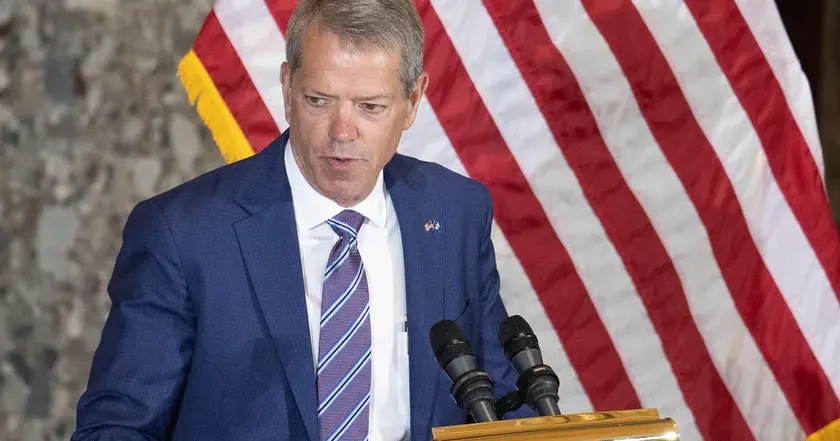
Nebraska opens detention site to bolster deportation drive
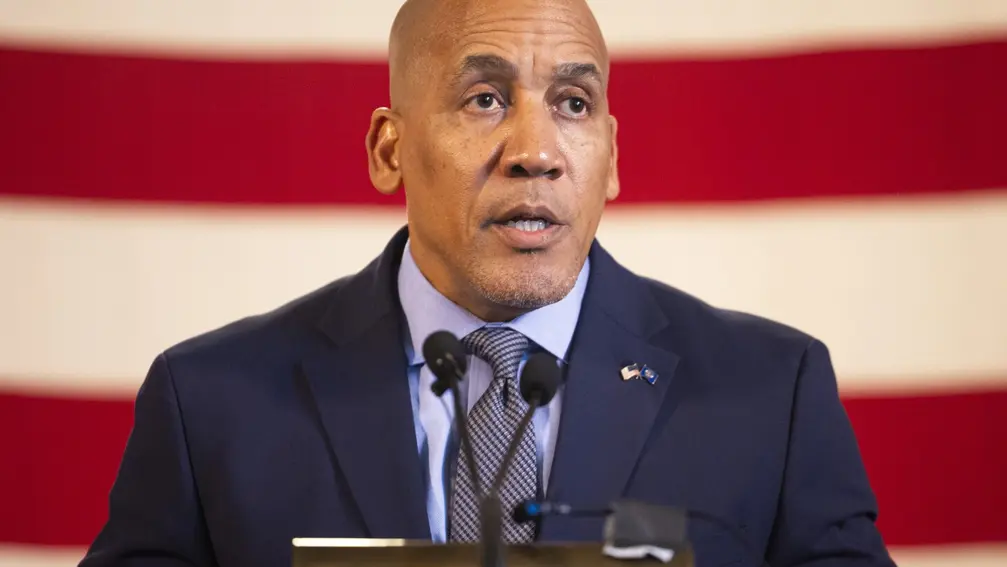
Nebraska plans detention center in McCook

Florida to open second immigration detention center
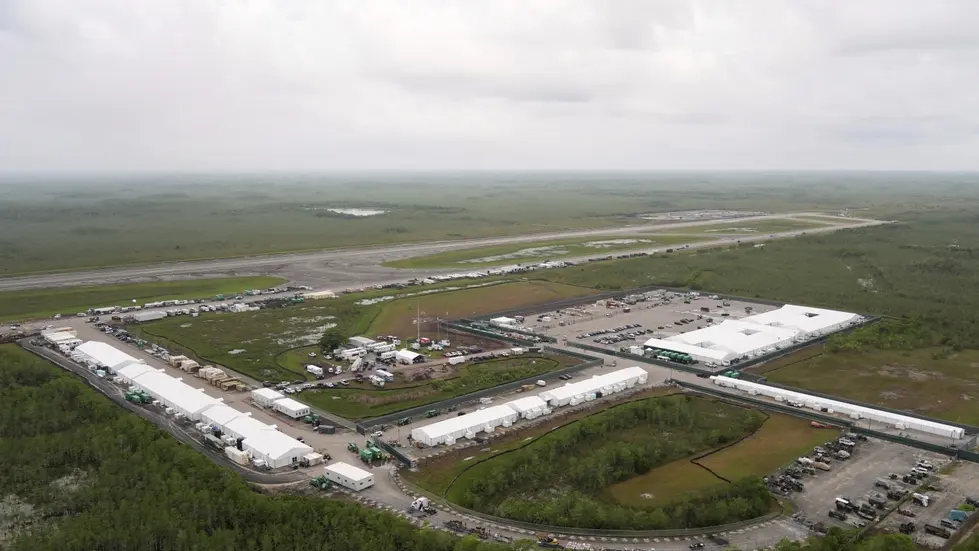
Judge weighs control at Everglades detention site

Deportation Depot merch draws attention
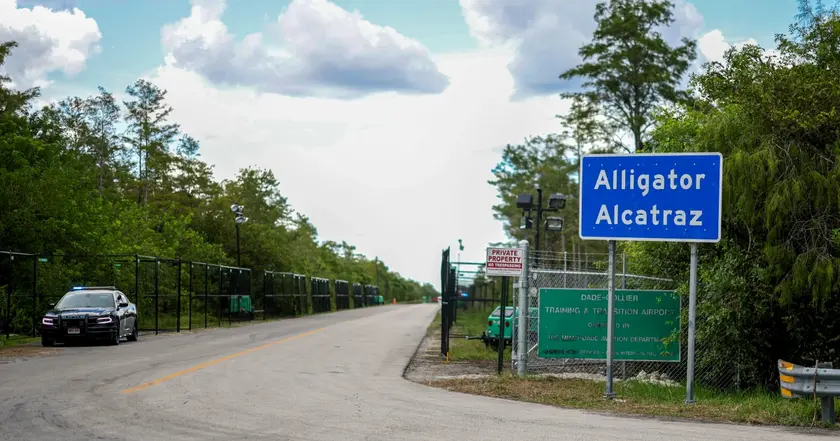
Judge halts construction at Alligator Alcatraz facility

Indiana to expand immigrant detention under Trump administration
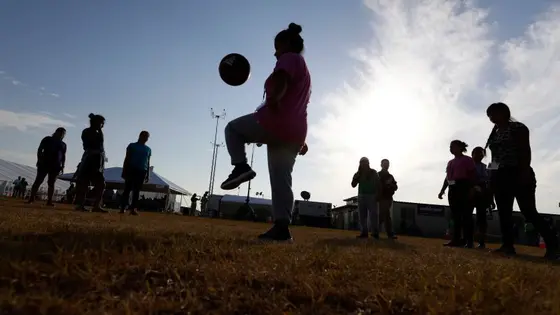
Flores policy stays in place after court ruling
